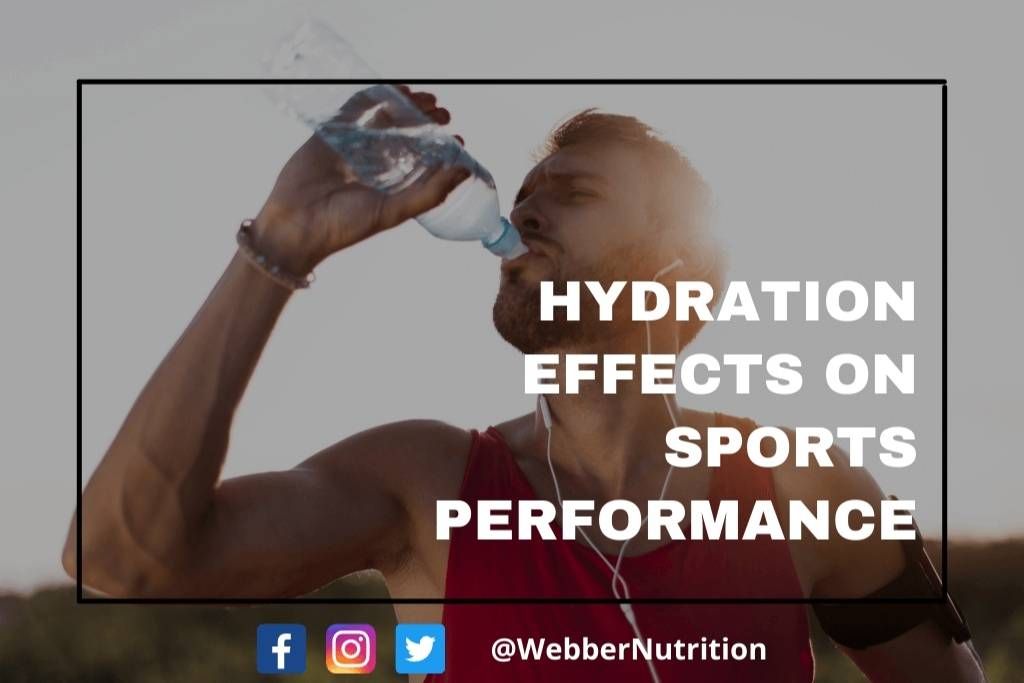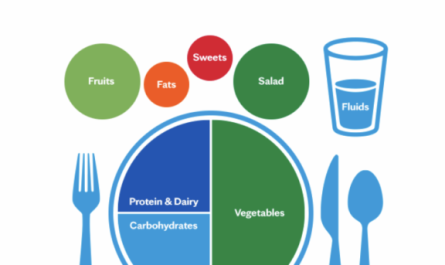When it comes to optimizing athletic performance, many athletes focus on their training regimen, diet, and supplementation. However, one crucial aspect that is often overlooked is hydration. Proper hydration is essential for athletes to perform at their best and achieve their goals. In this article, we will discuss the importance of hydration in sports nutrition and how it can impact athletic performance.
Hydration and Performance
Hydration plays a vital role in athletic performance. Water is essential for regulating body temperature, lubricating joints, and transporting nutrients and oxygen to cells. Dehydration can negatively impact performance by causing fatigue, cramps, and decreased endurance. In fact, even mild dehydration can lead to a drop in performance and cognitive function.
For athletes, maintaining proper hydration levels before, during, and after exercise is crucial. Dehydration can impair physical and mental performance, making it harder to reach peak performance levels. Proper hydration can help athletes prevent fatigue, improve endurance, and recover faster after intense workouts.
How Much Water Do Athletes Need?
The amount of water athletes need can vary depending on their age, gender, weight, and level of physical activity. A general rule of thumb is to drink at least 8-10 cups of water per day, but athletes may need more to stay hydrated. It is recommended that athletes drink water throughout the day and before, during, and after workouts to maintain optimal hydration levels.
In addition to water, athletes can also benefit from consuming electrolyte-rich fluids, such as sports drinks, to replace lost fluids and minerals during intense exercise. Electrolytes, such as sodium and potassium, are essential for maintaining hydration and preventing muscle cramps.
Signs of Dehydration
It is essential for athletes to be aware of the signs of dehydration and take steps to prevent it. Some common signs of dehydration include dark urine, dry mouth, fatigue, dizziness, and muscle cramps. If you experience any of these symptoms, it is crucial to rehydrate immediately to prevent further dehydration and improve performance.
Tips for Staying Hydrated
Here are some tips for athletes to stay hydrated and optimize their performance:
Drink water throughout the day, not just during workouts
Drink fluids before, during, and after workouts to maintain hydration
Consume electrolyte-rich fluids, such as sports drinks, during intense exercise
Monitor your hydration levels by checking the color of your urine
Avoid excessive caffeine and alcohol consumption, as they can dehydrate the body
By following these tips and maintaining proper hydration, athletes can improve their performance, prevent fatigue, and recover faster after intense workouts. Hydration is a critical component of sports nutrition and should not be overlooked in the pursuit of athletic excellence.
Conclusion
Hydration plays a crucial role in sports nutrition and athletic performance. Proper hydration is essential for athletes to perform at their best and achieve their goals. By staying hydrated and consuming electrolyte-rich fluids, athletes can prevent dehydration, improve endurance, and recover faster after intense workouts. Remember to drink water throughout the day, monitor your hydration levels, and be aware of the signs of dehydration to optimize your performance and reach your full potential.




